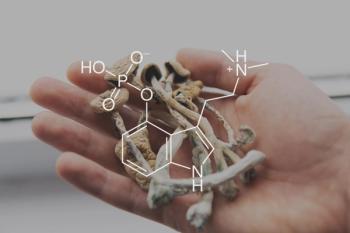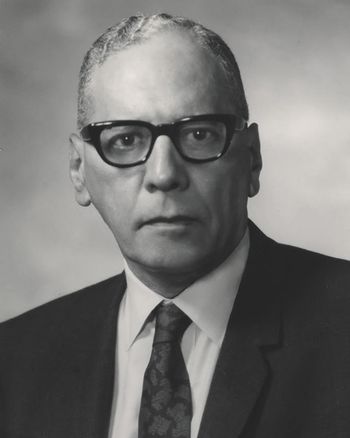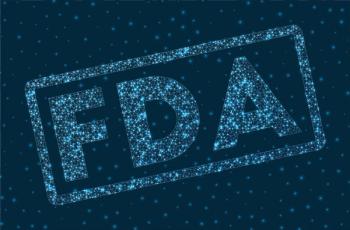
Augmented reality can transform psychiatric treatment, enhancing exposure therapy for trauma and anxiety by simulating real-world environments and interactions.

Augmented reality can transform psychiatric treatment, enhancing exposure therapy for trauma and anxiety by simulating real-world environments and interactions.

The complex ethics of dying, death, and assisted dying lead to debates on terminology and implications for patient autonomy and suffering.

In this CME article, learn more about the complexities of neuropsychiatric symptoms in Parkinson disease, including psychosis and cognitive impairment, and effective treatment strategies.

Discover the innovative Borderline Personality Disorder Inventory (BPD-I™), a psychodynamically-informed tool for assessing BPD symptoms effectively.

What is a sleep disorder? Explore the complexities of their definitions and the impact of circadian rhythms on health and well-being.

Let's explore the intriguing intersection of psychiatry and past lives, revealing how understanding previous existences can lead to personal healing and growth.

Medical trainees face challenges from patient mistreatment. Frameworks like ERASE can foster supportive learning environments.

Explore the intricate relationship between sleep disorders and psychiatric conditions, diagnostic challenges, and effective management strategies, in this Special Report article.

Compass Pathways reports significant progress in psilocybin research, showing promise for treatment-resistant depression in a pivotal phase 3 trial.

Christine Yu Moutier, MD, the chief medical officer of the AFSP, speaks about the impact of losing LGBTQ+ tailored crisis support via 988, and strategies to better support vulnerable youth.

Let's explore the psychological impacts of international conflict. We must emphasize the need for compassion and understanding to foster peace and mental health.

NRx Pharmaceuticals advances NRX-100, a preservative-free ketamine, through a fast-tracked FDA review for treating suicidal depression and PTSD.

Technology can reshape psychiatric training and leadership, bridging generational gaps while enhancing patient care and education.

Stay informed with this week's highlights, including more on the clozapine REMS, the termination of the 988 LGBTQ+ specific services, and the intersection of sex and psychiatry!

Explore the complex relationship between insomnia and mental health, and learn more about effective treatments like CBT-I for better sleep and well-being.

Share your thoughts on death and dying in this brief poll!

Explore the courageous journey of Charles Prudhomme, MD, a pioneer in psychiatry who challenged systemic racism and fought for desegregation in mental health.

H. Steven Moffic, MD, examines the intersection of death, dying, and the afterlife through personal stories and psychiatric insights in this thought-provoking discussion.

LGBTQ+ youth face increased suicide risks as vital support services are cut, prompting urgent calls for Congress to reverse this dangerous decision.

There is a critical link between sleep disorders and psychiatric conditions. In this Special Report, examine effective diagnosis and treatment strategies for better patient outcomes.

Innovative digital therapeutics like CT-155 are transforming mental health treatment, targeting negative symptoms of schizophrenia and enhancing depression care. Check out this conversation with Shaheen Lakhan, MD, PhD.

Explore the significance of Juneteenth, its historical context, and the ongoing challenges of truth and equity in mental health care.

It is critical to recognize the early signs of schizophrenia and provide timely intervention to prevent full-blown psychosis in adolescents.

This commentary explores the rising skepticism toward psychiatry, emphasizing the need for a balanced approach that values both medication and psychosocial support.

New research reveals the complex relationship between ADHD and bipolar disorder, highlighting genetic overlaps and treatment considerations for effective management.

Ecopipam shows promise as a safe, effective treatment for Tourette syndrome in children and adolescents, significantly reducing tic severity and improving quality of life.

Let's examine the effectiveness of recent protests, peaceful rallies, innovative strategies, and their impact on social change.

The FDA's removal of clozapine REMS enhances access to treatment, while new educational initiatives empower clinicians to improve patient care.

"As my daughter and I rehearse for the interview, I assure her no one asked me the cookie question..."

According to this pioneer, mental health professionals should embrace a new mindset: to consider how to can apply expertise not only within the confines of the exam room, but in boardrooms, in startups, in classrooms, and in community centers.